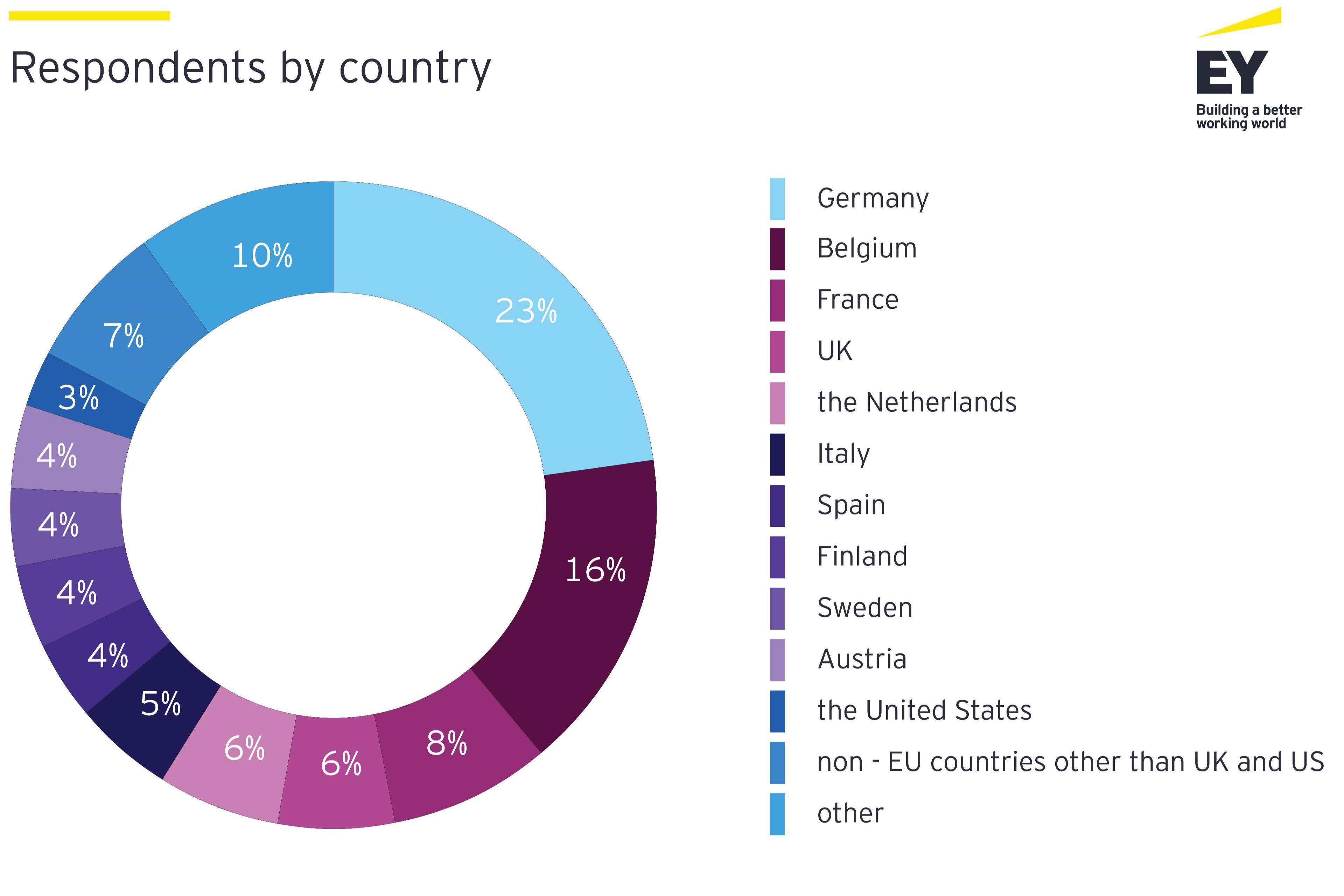The key takeaways from the consultations are as follows:
- The respondents were in favor of the idea of directors taking account of stakeholder interests in corporate decisions (763 respondents, 89,2%) – and in a broad, holistic way (597 respondents, 78.2%) – as opposed to those who wanted to limit it to the financial performance of the company (141 respondents, 18.5%) (page 4 of the report).
- Similarly, the concept of developing an EU legal framework for due diligence was well received. The vast majority of respondents expressed support for action (660 respondents, 81.8%), while only a small number (118 respondents, 14.6%) considered the existing voluntary frameworks to be sufficient or is of the opinion that no action is necessary (29 respondents, 3.6%) (page 4 of the report).
- The majority of respondents expressed their support (523 respondents, 69.6%) for corporate directors’ obligation to set up adequate procedures and measurable (science–based) targets to ensure impacts on stakeholders are addressed (page 3 of the report).
- Another question concerned whether corporate directors balancing of the interests of all stakeholders should be expressly stated as part of directors’ duty of care, to which 496 respondents (68.2%) said yes (page 6 of the report).
- Furthermore, respondents expressed their support (637 respondents, 86,2%) for the issue of sustainability risks, impacts and opportunities being integrated into the company’s strategy, decisions and oversight (page 6 of the report).
- With regard to the enforcement of directors’ duty of care, the majority of overall respondents answering expressed their support (425 respondents, 59,6%) (page 6 of the report).
- The questionnaire also explored the preferable design of the possible corporate due diligence duty. Based on the responses, the most preferred option was the most ambitious one (331 respondents, 48.1% (pages 6 of the report).
- The respondents almost unanimously (711 respondents, 97%) agreed that due diligence rules should apply also to certain third-country companies not established in the EU but carrying out activities in the EU. Most of them (570 respondents, 90.9%) also agree that the EU due diligence duty should be accompanied by other measures to foster a more level playing field between the EU and the third country companies (page 7 of the report).
- The responses also indicated that the preferable enforcement mechanisms included supervision by the competent national authorities coupled with a mechanism of cooperation or coordination with the EU authorities (555 respondents, 70.6%), followed by judicial enforcement (388 respondents, 49.4%) (page 7 of the report).
- Lastly, the report shows that respondents answering were supportive of requiring directors to establish mechanisms for engaging with stakeholders in defining corporate strategy and due diligence processes (484 respondents, 66.4%) and supported the option of compulsory inclusion of sustainability metrics linked, for example to the directors’ remuneration (page 8 of the report).
The main conclusion is that the idea of the EU developing rules for sustainable corporate governance earned a significant support. Out of the various policy choices and degrees of intervention the respondents unwaveringly opted for the most comprehensive and stringent measures. However, from the advocacy process perspective it is worth noting that any input coming from an industry group with multiple members shows in these statistics as a single data point and an individual respondent. This factor had an effect on the outcome regarding the expressed preferences.
The issue on which respondents seemed the least divided, and which can have important international implications, concerned due diligence rules being applicable to the companies established outside of the EU but conducting business with the 27-bloc. Such unequivocal support expressed in the consultations seems to give a strong indication that the upcoming sustainable corporate governance rules might have an extraterritorial outreach.



